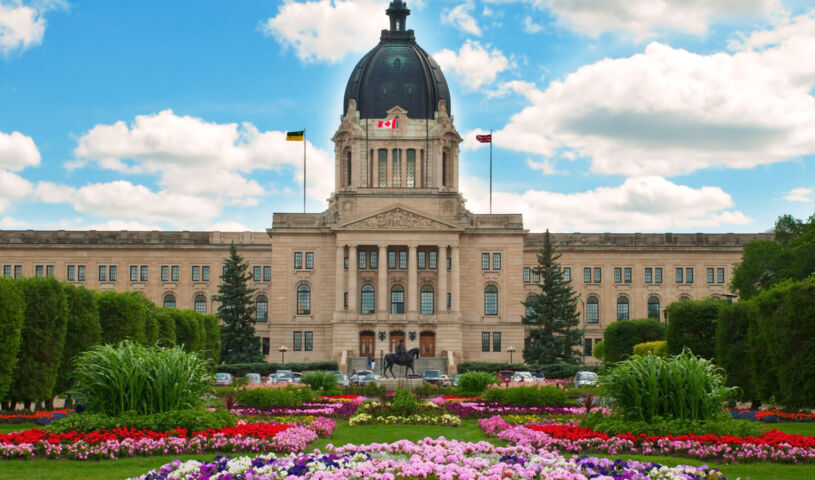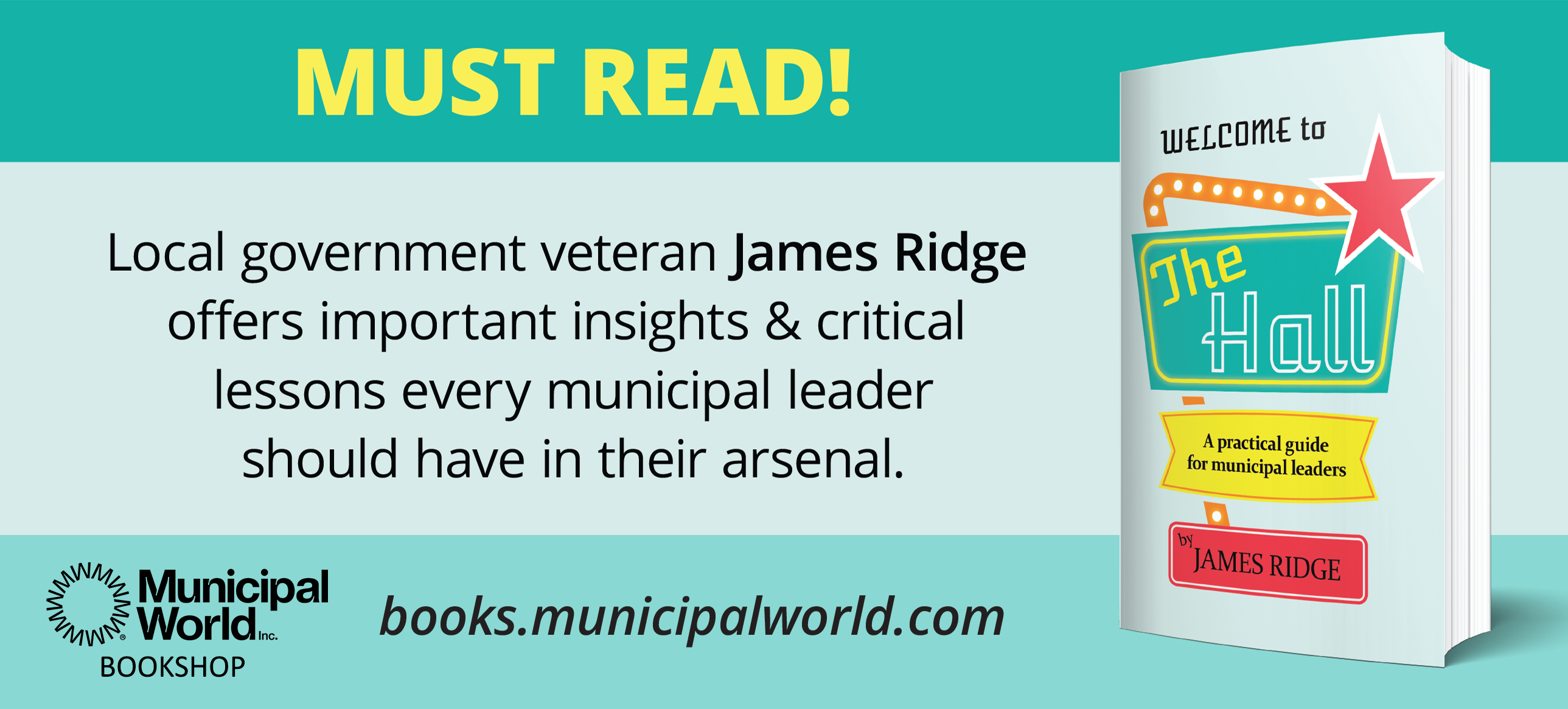SUMA calls for more funding ahead of Saskatchewan election
 The Saskatchewan Urban Municipalities Association is calling on future provincial governments to increase and create new revenue streams for urban municipalities ahead of the Oct. 28 provincial election. Photo: Adobe Stock
The Saskatchewan Urban Municipalities Association is calling on future provincial governments to increase and create new revenue streams for urban municipalities ahead of the Oct. 28 provincial election. Photo: Adobe Stock
The Saskatchewan Urban Municipalities Association (SUMA) is calling on future provincial governments to increase and create new revenue streams for urban municipalities ahead of the Oct. 28 provincial election.
In a press release, SUMA said Saskatchewan’s urban municipalities are responsible for 60 per cent of the province’s public infrastructure but are increasingly finding it difficult to balance their budgets.
In particular, the association cites PST on construction and dated property assessments as some of the reasons for the growing pressures on municipal finances. Municipalities have been feeling this monetary pinch for some time, the release read.
“Whichever way you look at it, municipalities are losing out,” said SUMA President Randy Goulden. “’As the government closest to the people, municipalities’ infrastructure and services are the most frequently accessed by residents, but we have the least revenue to support them. For Saskatchewan to thrive, a change needs to happen, and soon.”
Removal of PST
SUMA says the province’s removal of the PST exemption on construction labour costs municipalities approximately $29 million annually. This is in addition to the PST amounts already being paid on construction materials. Based on data gathered by SUMA, medium-sized cities in Saskatchewan returned 24-39 per cent of their total Municipal Revenue Sharing grant back to the province in the form of PST on construction projects in 2021.
“Does it count as revenue when for each dollar received, the province claws back a percentage?” Goulden said. “We’re left questioning who these PST expansions truly help. Each time the answer is, not the residents in our communities; they aren’t seeing this money returned to them in any way. Municipal governments face the same daunting dilemma each year: do we move forward and improve communities, or do we maintain the public infrastructure we have? We must run balanced budgets, and we should not have to choose between one or the other.”
The City of Yorkton paid approximately $1 million in PST on their infrastructure projects, and for the City of Prince Albert, the total was $2.8 million. Through municipal revenue sharing, the cities received $3.2 million and $ 7.1 million, respectively.
According to the province, municipalities received $262.6 million through the sharing program in 2022-23.
The Municipal Revenue Sharing program is the Government of Saskatchewan’s revenue sharing plan with municipalities. It provides predictable, no-strings-attached funding to eligible municipalities based on three-quarters of one point of PST revenue from two years prior.
The government says it will distribute more than $340 million to municipalities in 2024-25. Around $162 million (47.9 per cent) is allocated to the cities, $55 million (16.2 per cent) to towns, villages and resort villages, $96 million (28.5 per cent) to rural municipalities, and $25 million (7.4 per cent) to northern communities.
“SUMA appreciates that Saskatchewan has a Municipal Revenue Sharing program, and understands we are fortunate to have it,” SUMA’s press statement reads. “But infrastructure costs have increased significantly over the last decade due to inflation and the imposition of taxes from the province and the federal government through the carbon tax.”
It added, “These challenges are further complicated by limitations on municipal revenue streams and a complicated and slow-moving property tax assessment system in Saskatchewan.”
Mental Health, Addictions, and Homelessness
Suma is also calling on Saskatchewan’s next government to provide municipalities with more funding to address mental health, addictions, and homelessness.
Municipalities aren’t legally responsible for social services, housing, and shelters; that’s the province’s responsibility. However, SUMA says that municipalities have found themselves stepping in more and more to provide resources because other orders of government are not doing enough to prevent these issues.
“Each time we apply some temporary fix, or sweep mental health, addictions and housing issues under the rug, it not only places pressure on communities, it also incurs higher costs for our support systems,” Goulden said. “The province is making it harder for policing, health care, and correctional systems – not to mention municipalities – who must bear the cost as well. Why not stop these issues before they begin?”
SUMA says that the province must do more to tackle the root causes of mental health and addictions issues. The municipal association wants more upfront investments in mental health supports, social housing, and harm reduction services.
In addition, SUMA says more commitment and consistency are necessary across existing programs like the Saskatchewan Income Support program and the Saskatchewan Assured Income for Disability Program.
“We must stop treating mental health, addictions, and housing insecurity as moral problems or individual failures,” said Goulden. “These are health and social crises that can be experienced by anyone, under the wrong circumstances. Those who are suffering deserve dignity, and we can show our respect by seeing to their most basic needs.”
Resident Safety
SUMA is also advocating for a strong, interconnected, and well-resourced system of municipal bylaws and provincial legislation to boost public safety. Part of that includes modernizing Saskatchewan’s Police Act to more effectively and efficiently address mental health and addictions.
While the two issues are a growing challenge for many communities across Canada, police officers often lack the training and skills to deal with them. Consequently, people often end up in the policing and justice system, rather than getting the help they need. And in some instances, people struggling with mental health crises have been killed by police.
“Police officers are experts who understand the law and know how to keep communities safe,” said Goulden. “But it’s unfair to expect them to be experts in every field, especially in mental health, where other professionals better understand the care needs of patients. We need a team approach, with many professionals, when circumstances require it.”
SUMA also wants the next provincial government to implement a “streamlined system” for municipalities to prosecute bylaw infractions, and to provide more funding and training for officers to enforce bylaws at the municipal level.
Many Saskatchewan communities cannot afford a dedicated bylaw enforcement officer, and the RCMP generally do not provide enforcement for bylaws unless there is a clear public safety threat, according to SUMA.
“Even when a ticket is issued, it may go unpaid and ignored unless the municipality can navigate the already-overburdened provincial court,” according to SUMA. MW
✯ Municipal World Executive and Essentials Plus Members: You might also be interested in Dr. Enid Slack’s article: Are Canadian cities fiscally sustainable?.
Ibrahim Daair is staff writer at Municipal World.
Related resource materials:



